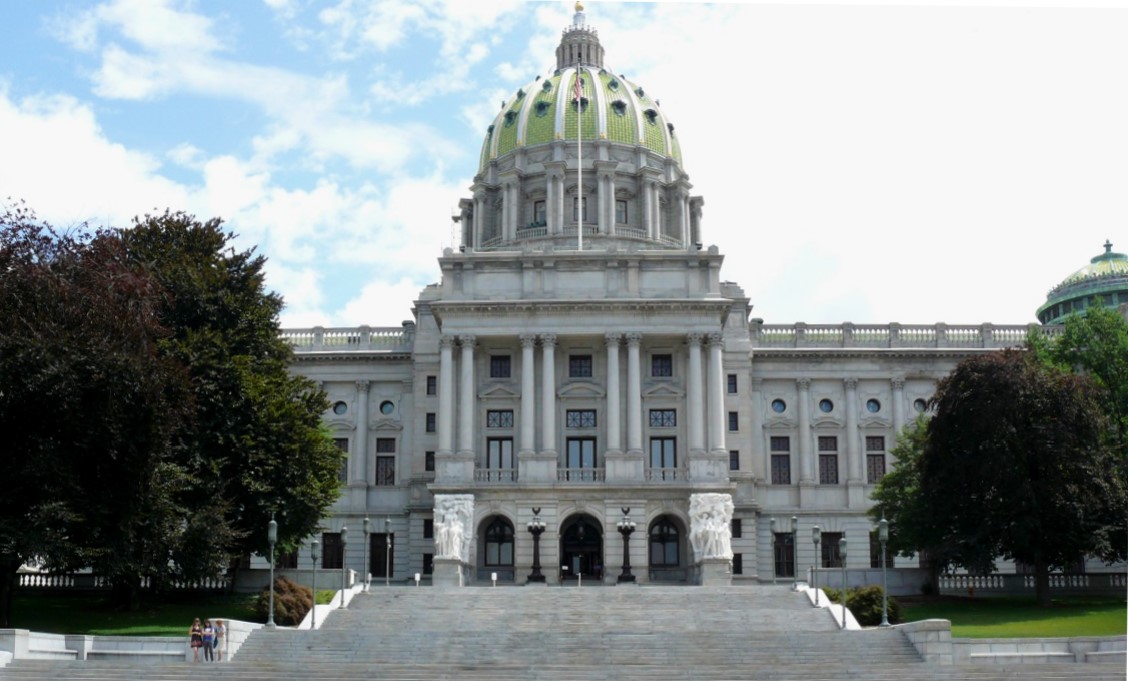Update: Gov. Tom Wolf signed the budget Friday afternoon. In a statement, he celebrated increasing Pennsylvania’s education funding by $1.8 billion for 2022-23, and by $3.7 billion since 2015.
Previously reported:
Pennsylvania’s 2022-23 budget bill is on its way to Gov. Tom Wolf’s desk after the passage by the House Thursday and the Senate on Friday.
The $45.2 billion spending plan — $42.8 billion plus $2.4 billion in American Rescue Plan Act and Medicaid funding — is a 2.9% increase over its predecessor.
It increases support for education by more than $900 million and provides substantial new funding for environmental programs, priorities of the Democratic Wolf administration.
In another win for progressives, $125 million will go to the Whole Home Repair Fund, a new statewide program to help low-income homeowners make critical repairs.
For the business community, the budget shaves a percentage point off the corporate net income tax, from 9.99% to 8.99%. It provides for reducing the tax further to 4.99% by 2031.
It adds $2.1 billion to the state’s Rainy Day Fund and projects an ending balance of $3.6 billion, provisions Republicans say are needed in order for the state not to find itself in the red in the event of a recession.
The bill passed the House 180-20 and the Senate 47-3. A spokesman for Gov. Wolf said he will sign it, reports the Associated Press.
The environmental funding includes $220 million for clean streams. Much of it will go to projects in Lancaster County, reports LNP.
About $2 billion in federal ARPA money will go toward water and sewer infrastructure ($320 million) and replenishing the state’s unemployment trust fund ($42 million). The budget’s state police funding will allow the training of an additional 200 state troopers.
It creates Pennsylvania’s first-ever state childcare tax credit. The credit will be 30% of the federal one.
The state is supposed to complete the budget by the July 1 start of its fiscal year but has not always been able to do so. Most state operations continue during an impasse, but vendor payments and certain discretionary payments can be delayed or suspended.






